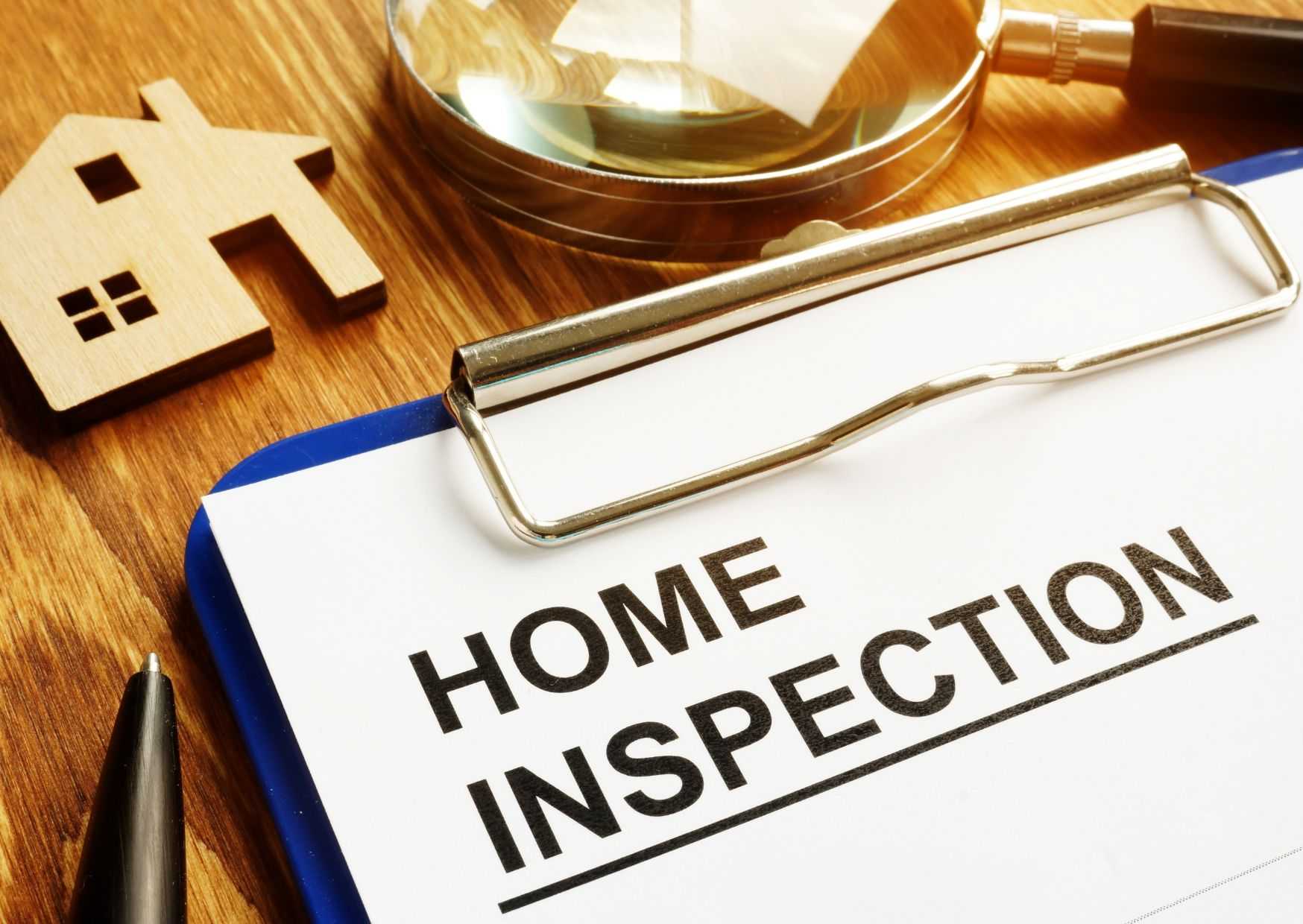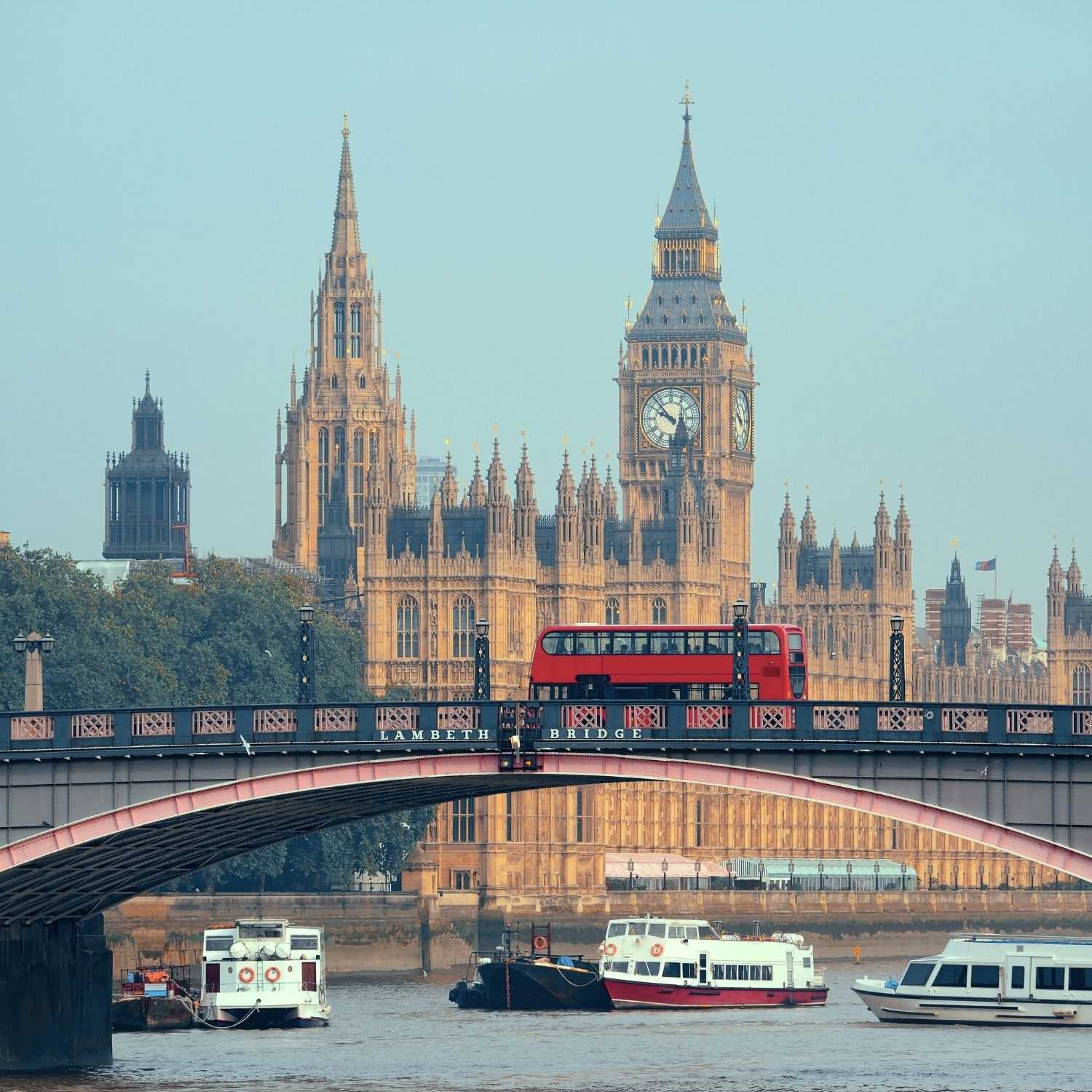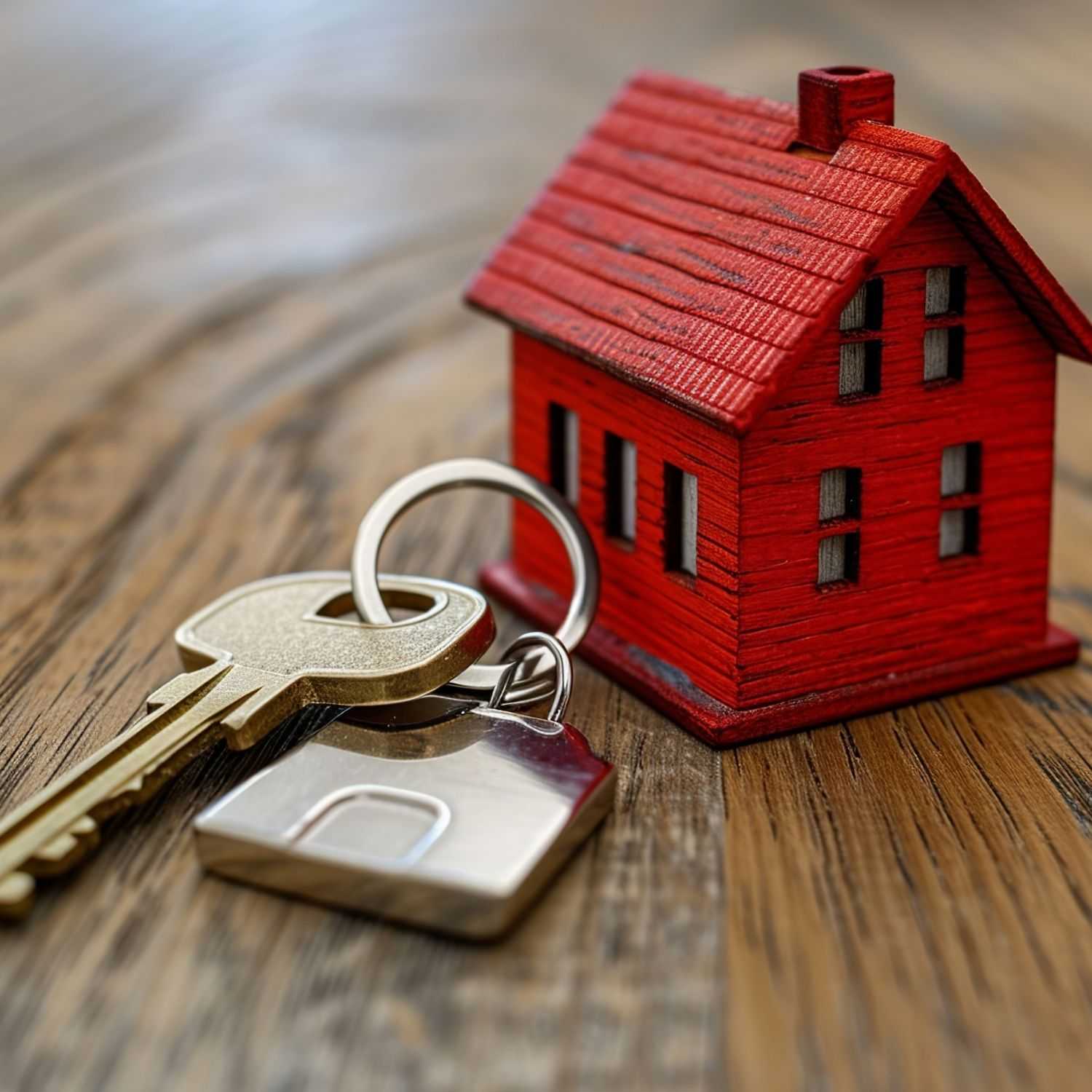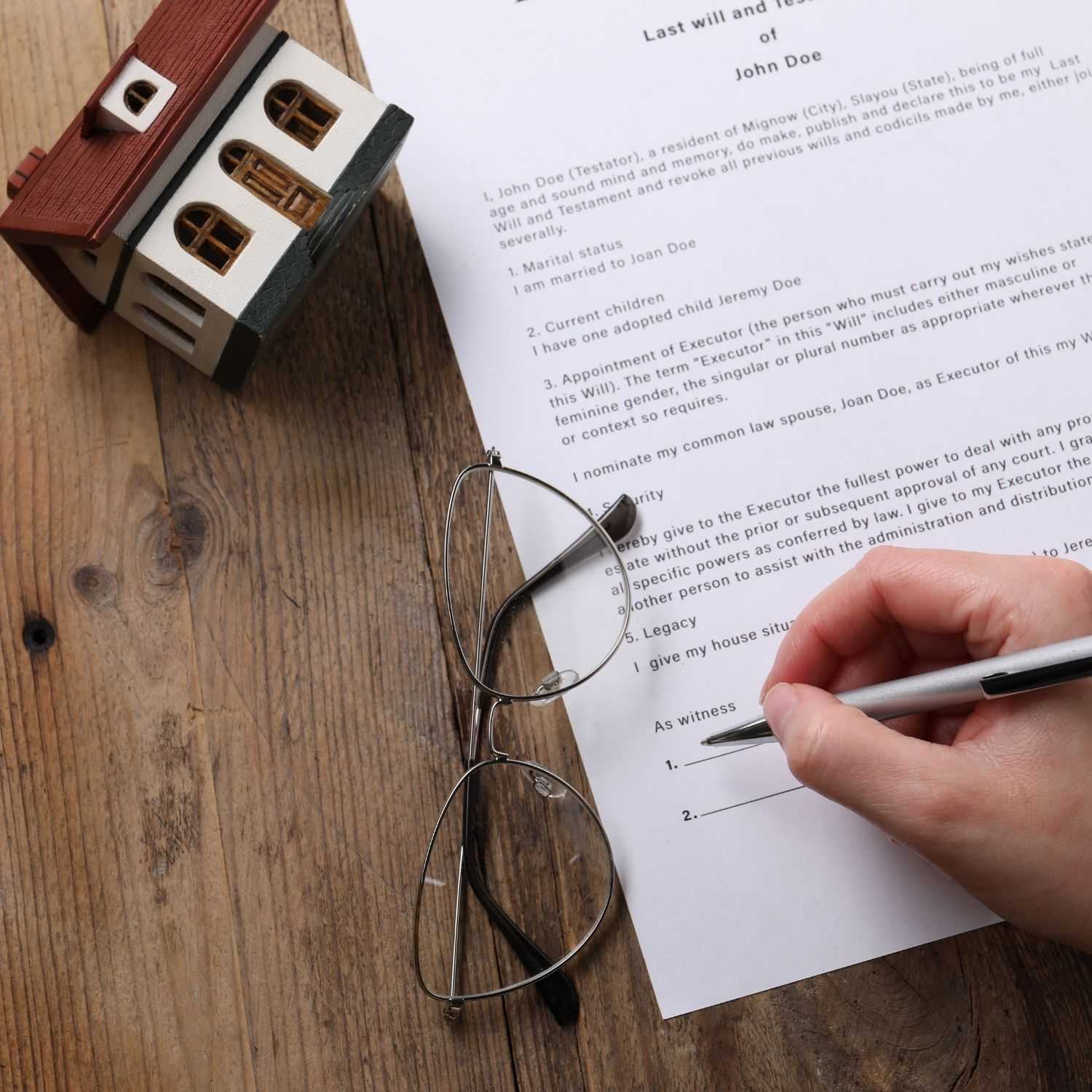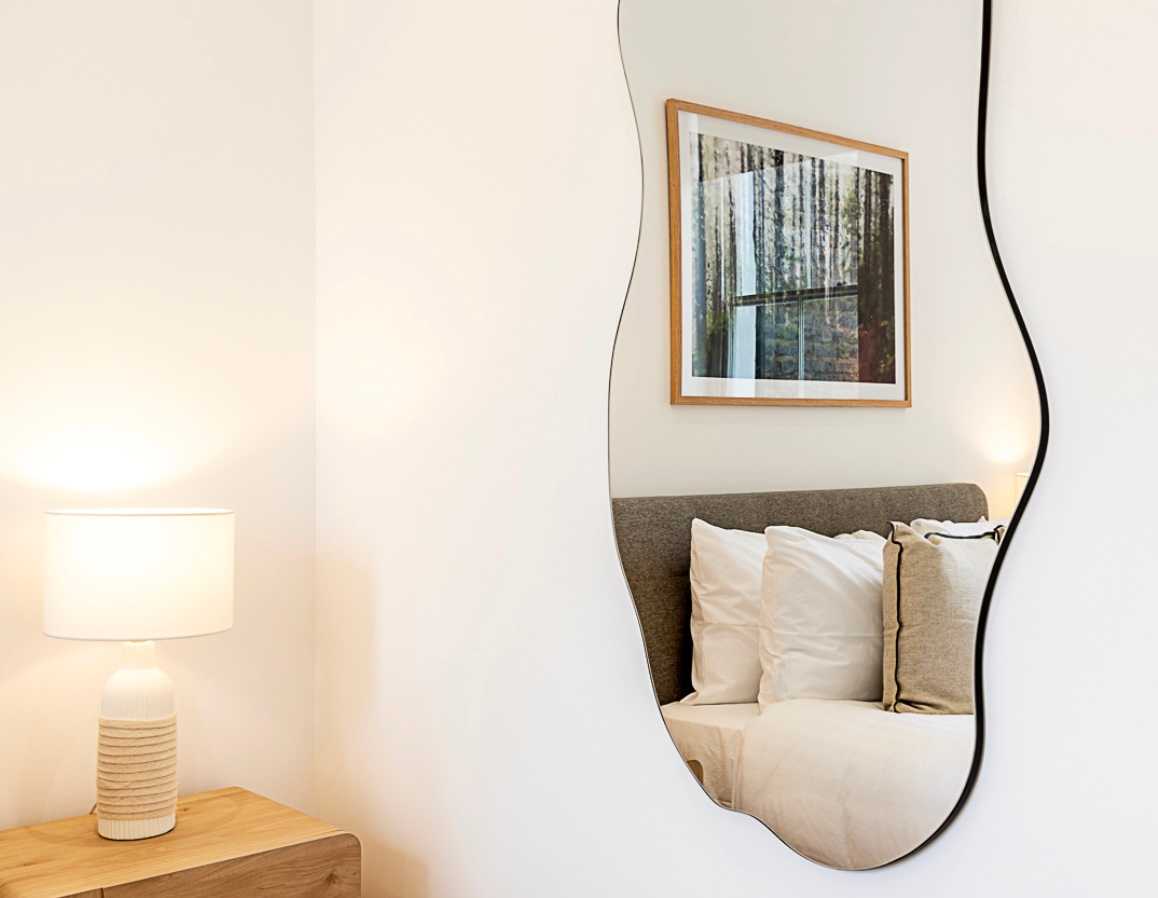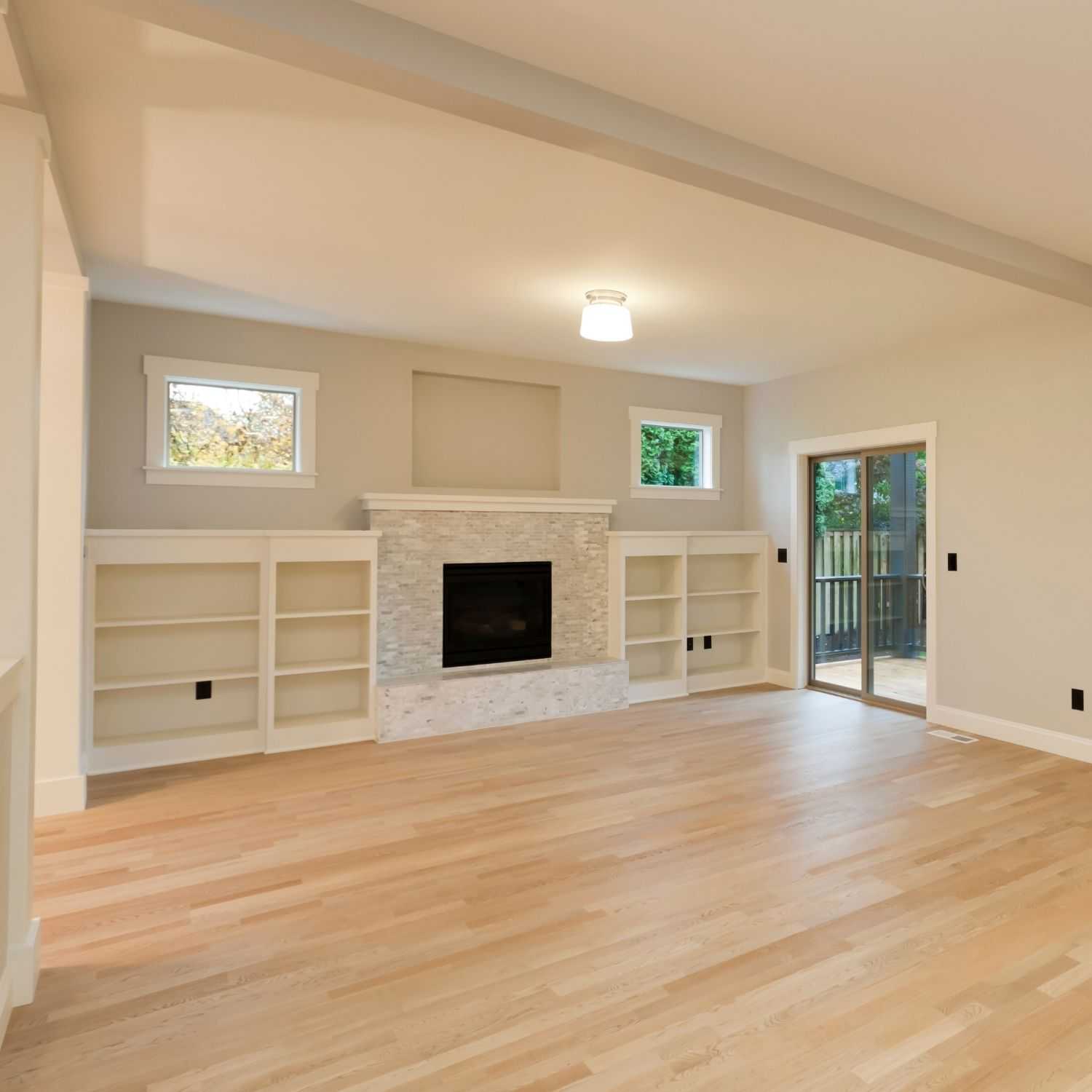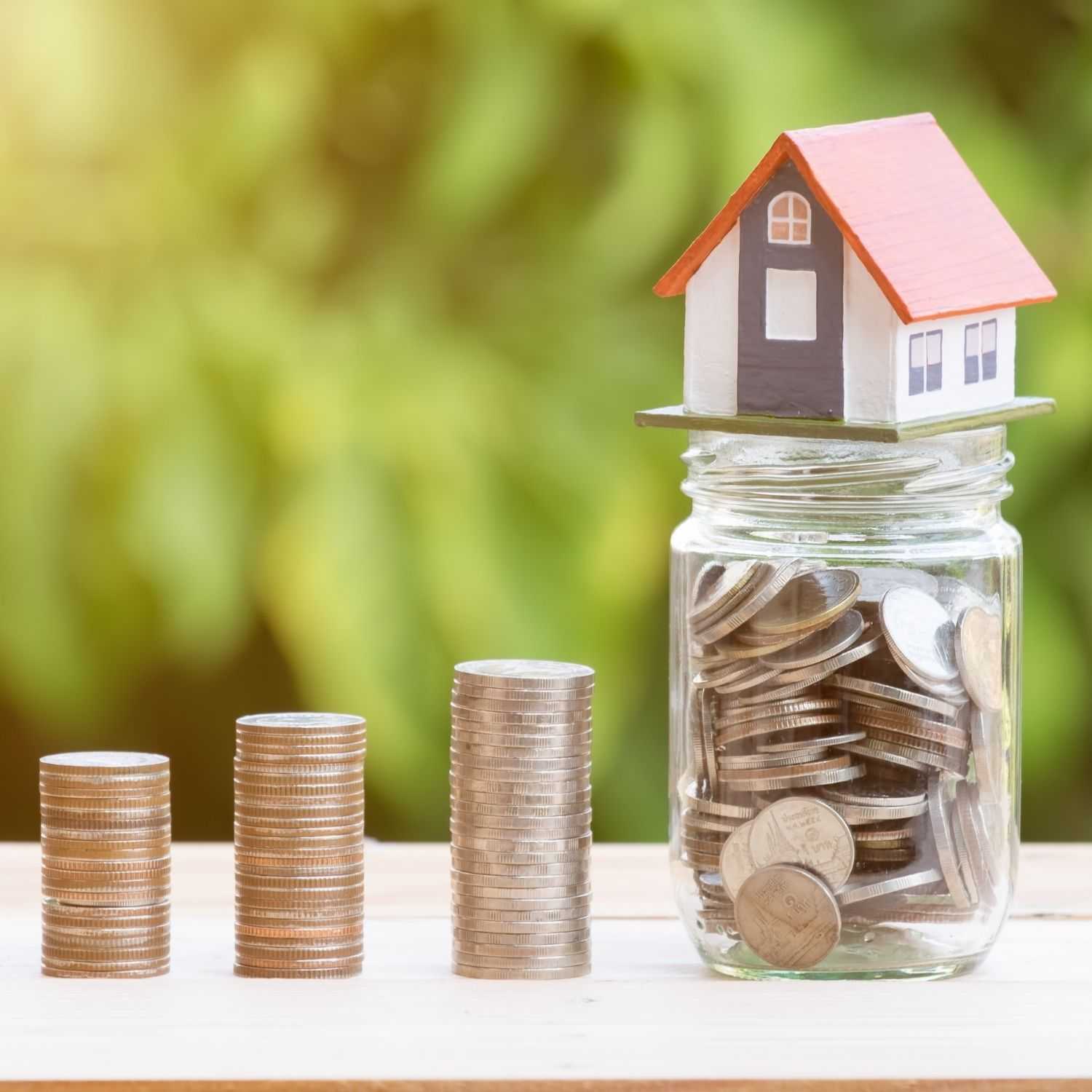Share post:
Managing rental properties includes several responsibilities. One of the most important is the upkeep of your property. It’s a landlord’s responsibility to ensure that rental properties are always in good condition. The local government imposes strict rules and regulations that prioritise the safety and well-being of guests and residents. This requires you to conduct regular property inspections to ensure that your property is completely compliant and safe for people to live or stay in.
In this article, you’ll discover what it takes to conduct rental property inspections, including the legalities to consider. You’ll also get a checklist of how to conduct a complete rental property inspection.
About Rental Property Inspections
Inspecting a rental property is a recurring task that landlords should take seriously. After all, maintaining a property is vital to protecting its profitability. If it’s falling apart and visually unappealing, people wouldn’t want to live in it – especially if it compromises their health and safety.
Fortunately, these inspections are pretty straightforward. It’s not complicated and can be done in one day – if you know what to look for. It involves walking around your property to inspect the structure inside and out. You also have to look at the heating, gas, electrical and water systems to make sure they’re in good condition. Pay close attention to the safety standards and schedule anything that requires repair immediately. Don’t forget to inspect the furniture and appliances. Have a list ready to see if they’re all working and if anything needs upgrading. Having an inventory list is helpful especially when you have long-term residents. You can check if anything is missing from when they first moved in.
Who conducts a property inspection?
You can conduct a property inspection yourself. As long as you know what to inspect, you can do the walk-through after coordinating it with the tenant. But if you have multiple properties, you can work with a property management company to help with the inspections. But it’s still important to stay on top of the inspections so you know the condition of your rental properties.
There are cases wherein the inspection requires a thorough look at electricals or heaters. If you know nothing about these, it’s best to get a professional to help you find damages that the untrained eye may have missed.
What is the importance of rental property inspections?
The safety of guests and residents is a vital reason why you should conduct these property inspections. If something happens to them while staying in your place and it’s been proven that your negligence caused it, this will get you in trouble. That being said, compliance is also an important reason to do these rental property inspections. You can avoid penalties and legal issues by complying with safety regulations and property standards.
At the same time, you can protect the rental property’s profitability by making sure the structural integrity is still intact and visually appealing. You can also minimise the cost of repairs if you spot issues before they become a full-blown problem.
If you’re conducting the property inspection, this is a great opportunity to speak with your long-term residents. You can ask them about the property and exchange issues that need clarification. You can also observe how they’ve been taking care of the property and raise concerns if you find any.
Check the appliances and equipment you own if they’re still complete. If not, you can discuss how that’ll be replaced and who will shoulder the expense.
When should property inspections occur?
The frequency of property inspections would depend on the letting strategy that you use. For short-term letting, you can do a quick inspection between bookings while scheduling a more thorough walkthrough every quarter or so. Long-term rental property inspections will probably happen while the flat is still occupied. You’ll have to coordinate that with the resident. But you can also conduct the inspection when someone moves out or before a new one moves in.
Take note of every inspection so you have a record of what you observe. You can also schedule the inspection around compliance checks to ensure you’re not violating any of the property regulations in your area.
What are the legal implications of property inspections?
You can’t just go barging into your property for an inspection. Your tenant has privacy rights that you have to respect. Even if you own the property, you must notify the occupant about the inspection at least 24 hours before the schedule. This would also ensure that the resident is there so you can discuss the property during the inspection.
If the tenant refuses to cooperate with the inspection, you can also exert your right to entry. There are 3 types of legal claims that you can do. First is the right to have “Reasonable Access” as the landlord. This is used when there’s an emergency or a need for immediate repair. There’s also the right to enter to inspect the “State of Repair” of a property. This is the one you can use for your regular inspections. Finally, there’s the right to enter for “Cleaning Services.” This has to be stated in the contract for you to be able to enforce this even without permission.
A Rental Property Inspection Checklist
Now that you know the basics about rental property inspections and why it’s important, it’s time to find out what you should inspect.
There are 5 main areas that you should be inspecting. Use this as a roadmap to identify the issues that should be addressed in the property.
Structural integrity
This is all about the foundational elements and property build. You need to check the walls for cracks, the ceiling for sagging or water damage and the roofing for loose, damaged, or missing tiles. The whole point of this inspection is to check the foundation if the property is still sound. If there are cracks, have them checked by professionals as soon as possible. Look at the attic or loft to ensure that it doesn’t have any leaks. Inspect fire exits and other common areas to ensure they can be used. Consult structural engineers to see the extent of any damage and how you can keep it from worsening. Being thorough about this will help you save thousands in future repairs.
Plumbing and electrical
Even the smallest leak can lead to huge structural damage to a property. Not only that, one faulty wiring is enough to engulf a house in flames. This is why it’s important to check the plumbing and electrical systems of your property. These systems are used every day and are vital to the comfort and convenience that guests and residents feel.
Make sure you check all the faucets and see if the drains are working. Check the bathroom toilet. On the electrical side, check the lights and outlets. Any flickering light should be inspected if it needs replacing.
If there’s even a slight damage, get a professional in to make sure it’s not the start of a bigger problem.
Heating and ventilation
This is also an important system that affects the comfort level of a property’s occupants. Not only that, it can also affect their health. It’s important that the heating and ventilation are regularly checked and cleaned to avoid poor air circulation. If you have a radiator, make sure it’s not bleeding or defective. You don’t want your guests to have trouble in the middle of the cold season. It might cost you more to have these systems repaired in a rush.
Safety and security
The pieces of equipment that you need to check include smoke and carbon monoxide detectors, fire extinguishers, security cameras and other devices that ensure the safety and security of guests and residents. These must be fully operational because they can save the lives of the people staying in your place. Not only that, it helps the property stay compliant. In case one piece of equipment isn’t functional, be quick in repairing or replacing it because you’ll never know when a fire or gas leak might occur.
Condition and cleanliness
This refers to the overall condition of the property. Have a list of all the furniture and fixtures that were already present in the property before the guest or resident moved in. Check the condition of each one to ensure that they’re working properly. Some of them may need repair or replacement – you need to get it done to keep satisfaction levels high.
You should also check the cleanliness of the place. If you have long-term residents living in it, check if they’re cleaning the property. This is a great time to discuss their responsibilities when it comes to the upkeep of the rental unit. See if there are any infestations so you can call pest control to step in when needed.
The focus of this is to keep the visual appeal of the property to improve its value. During the inspection, you can see if there’s a need to repaint the unit, carpets, tiles, flooring or change anything to make it look inviting to guests.
Let Property Experts Help with Rental Property Inspections
Conducting rental property inspections is necessary to ensure the well-being of your investment. It also keeps the occupants safe and your property compliant with local and legal standards. It’s not something that has to happen frequently, but it has to be scheduled regularly – depending on the letting strategy that you’re using.
To make this task easier, you can partner with a reliable property management company to help. Companies like City Relay include property inspections in their service offers. You can rely on their expertise to maintain the highest standards for your property.
If you want to know more about property inspections, get in touch with us. We can conduct inspections on your behalf to maximise your property’s performance.
